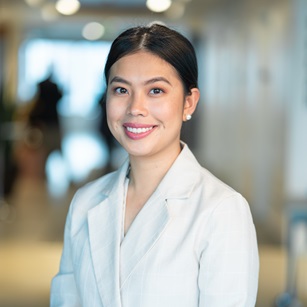By Bao-Tram Do, Seattle Foundation Program Officer

My family and I came to the U.S. on my third birthday as refugees after my dad had spent eight years as a political prisoner of war in Vietnam. I have immense pride in growing up in South Seattle where I currently reside. This is the vibrant community that raised me. The comprehensive supports of the nonprofit sector from community health clinics to youth leadership programs are what enabled me to become the first person in my family to go to college. My passion for our work at Seattle Foundation stems from the desire to give back. Diverse communities such as the one I grew up in are not only recipients of resources but also experts in their lived experience to advance equity for all.
While there are challenges in API refugee communities such as inter-generational trauma, mental health, language barriers, poverty, and difficulty navigating U.S. systems there are also incredible strengths including optimism, resilience, and creativity that underpins our unique and diverse communities. Like many children of immigrants and refugees, I grew up serving as a translator, advocate, and system navigator for my family, which evolved to my work as a community organizer engaging community health clinic patients, college students, to the API community in Washington State in the electoral process. In 2017, I was a recipient of the Center for Women and Democracy award.
After working at Seattle Foundation for four years, I went to graduate school in public health at Johns Hopkins University as a Gates Millennium Scholar where I became the first graduate of the public health advocacy certificate program in the school’s history. It’s been extremely rewarding to come back to Seattle Foundation to now lead a number of our civic engagement efforts such as the Regional Census Fund and programs within the Vibrant Democracy Initiative, including Engagement Pipeline and Partnership Mobilization.
With COVID-19, I am glad to be able to utilize my public health skills to support our evidence-based approach in directing funds to those who are most impacted and look forward to taking the lessons we have learned from this pandemic to reimagine and build new systems that strengthen our community.
